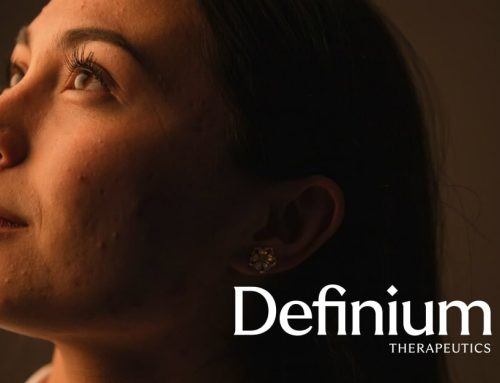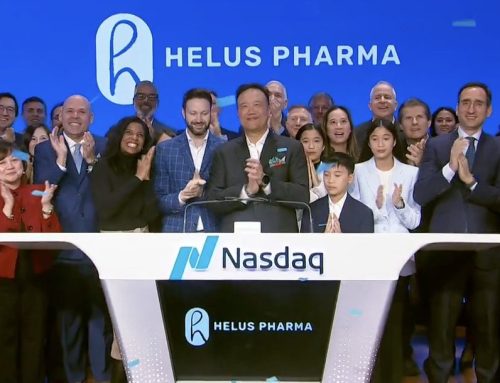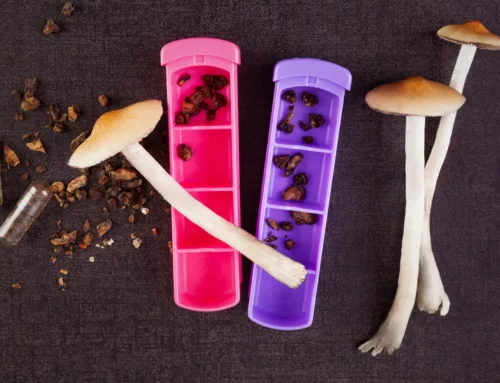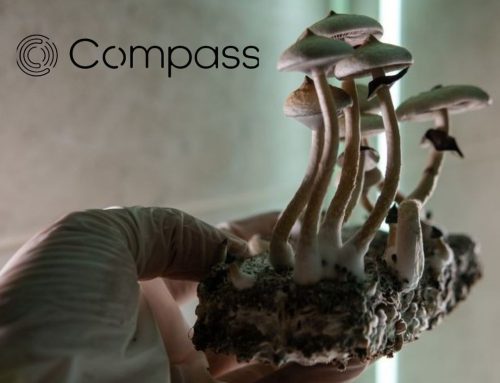Growing Interest in Microdosing Among Americans
LOS ANGELES- Americans are increasingly curious about microdosing, a practice involving minimal consumption of psychedelics or cannabis over extended periods, according to a study by the University of California San Diego published in JAMA Health Forum.
The study reveals a 1250% increase in Google searches about microdosing from 2015 to 2023, with over three million searches in 2023. Kevin Yang, M.D., a psychiatry resident at UC San Diego School of Medicine, led the research.
Yang’s study highlights how legislative changes on substance use influence public behavior and interest.
The study correlates the rising curiosity about microdosing with relaxed local, federal, and state laws on recreational cannabis and therapeutic psychedelic use. Advocates believe microdosing can enhance mood, cognition, and health without causing the intense effects of larger doses, though clinical evidence is lacking.
Researchers used Google search data to understand public interest and policy impacts, addressing limitations in current survey data on microdosing.
Policy Reforms
From 2012 to 2023, significant policy reforms occurred, starting with Colorado’s legalization of recreational cannabis. By 2023, half of the U.S. adult population lived in states with similar laws. Additionally, eight states decriminalized certain psychedelic uses, and two sanctioned psychedelic-assisted therapy.
The researchers used a dynamic event-time difference-in-difference model to assess the effects of these policies on microdosing interest, finding a link between relaxed punitive measures and increased curiosity.
The study also noted shifting preferences in substances for microdosing. LSD was the primary search term from 2015 to 2018, but mushrooms became more popular from 2019 to 2023, along with searches for Adderall, cannabis, CBD, DMT, ketamine, and MDMA.
These trends reflect a growing interest in psychedelics and psychotropic substances as alternative therapies, influenced by legislative progress and President Biden’s proposal to reclassify cannabis as less dangerous.
Need for Clinical Evidence
Despite the rising interest, researchers caution about the market for microdosed products. Eric Leas, Ph.D., M.P.H., assistant professor at UC San Diego Herbert Wertheim School of Public Health, highlighted the risks posed by unregulated substances like psilocybin, a Schedule 1 controlled substance.
Leas emphasized the need for translating clinical evidence for consumers and policymakers to understand the benefits and risks of microdosing and the impact of policy changes on substance use interest.
As interest in microdosing grows, the importance of knowledge, safety, and informed decision-making becomes paramount in navigating this evolving landscape.



































